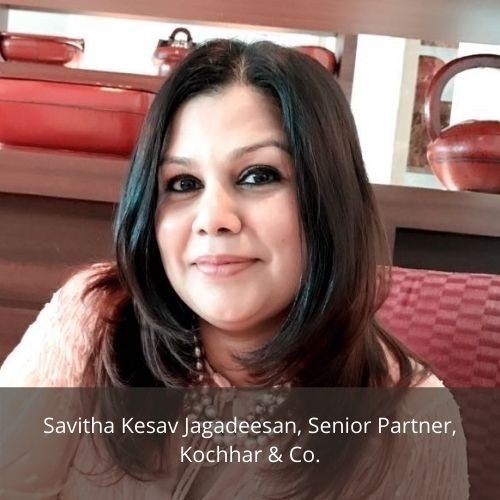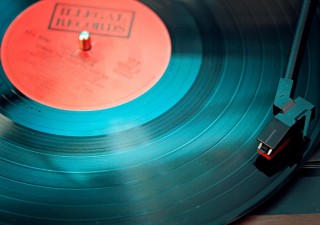Copyright, trademark for online learning portal of 100-year-old university in India
12 November 2020

Lucknow University in Uttar Pradesh, India now has a copyright and trademark to show for its in-house online learning portal called Strategic Learning Application for Transformative Education or SLATE,” as reported in The Times of India.
SLATE was created to address the educational needs of students in India who have been staying home due to the lockdowns imposed because of the pandemic.
The copyright, the first to be registered under Lucknow University’s name in its 100 years of existence, allows SLATE to be adopted by other institutions. These institutions will have to pay royalty fees to Lucknow.
An integrated and interactive platform, the online learning portal allows students to access a wide range of resources including key information from lectures, submit assignments and take exams digitally. It also gives them easy access to their teachers and mentors and other benefits.

For the faculty, SLATE provides a variety of content styles on which they can build their lectures. These content styles include video lectures, Power Point presentations, notes and others. They may also integrate course materials, develop their tests for their students and monitor their attendance and individual progress through the online learning portal.
It also comes with an in-built Webinar platform and makes sharing of lectures on social media possible.
Other online learning portals developed in India already have registered trademarks, according to Savitha Jagadeesan, senior resident partner at Kochhar & Co. in Chennai. Among them are Khan Academy and Byju’s which are both popular in India.
Jagadeesan expects more registrations for similar online portals to come.
“Especially this year, we have seen the whole world shift towards a digitization of communication like never before. The pandemic has seen the burgeoning of online education platforms and these portals are adequately compensating for physical classes,” said Jagadeesan. “Therefore, if this becomes the accepted norm of dispensing education mainly for the ease and reach, we will of course see exploitation of IP as well as increase in infringement matters, therefore this might be the new course of action to adopt.”
“On copyright registration, since this is an inherent right, most authors or creators have a copyright on the ‘expression of the idea’ they have and a physical registration is not mandatory and does not give them a greater right,” Jagadeesan added, “however it does provide proof of a date from which copyright belongs to the creator. Therefore, some might seek to do it and others might not.”
The emergence of online learning portals and the expected increase in registrations of trademarks and copyright for such portals have impacted India’s educational system. Though they certainly help many students to continue their studies despite the barriers of time and distance amidst the pandemic, they will also increase the need for adopting the online learning model.
“It cannot be discounted that there is a digital divide in India which might not be bridged,” explained Jagadeesan, “unless government support steps in and provides the necessary support.”
“Having said that, the New Education Policy of India has recently sought to give the thrust to digital education. The strive is to move to smart classrooms and for using digital pedagogy to enable a full teaching process. This has been seen in many private schools adopting smart classrooms and many universities also enabling digital components in the study process,” she said. “This change is here to stay not only in India but the world over and will soon become a norm rather than an exception.”
Espie Angelica A. de Leon






